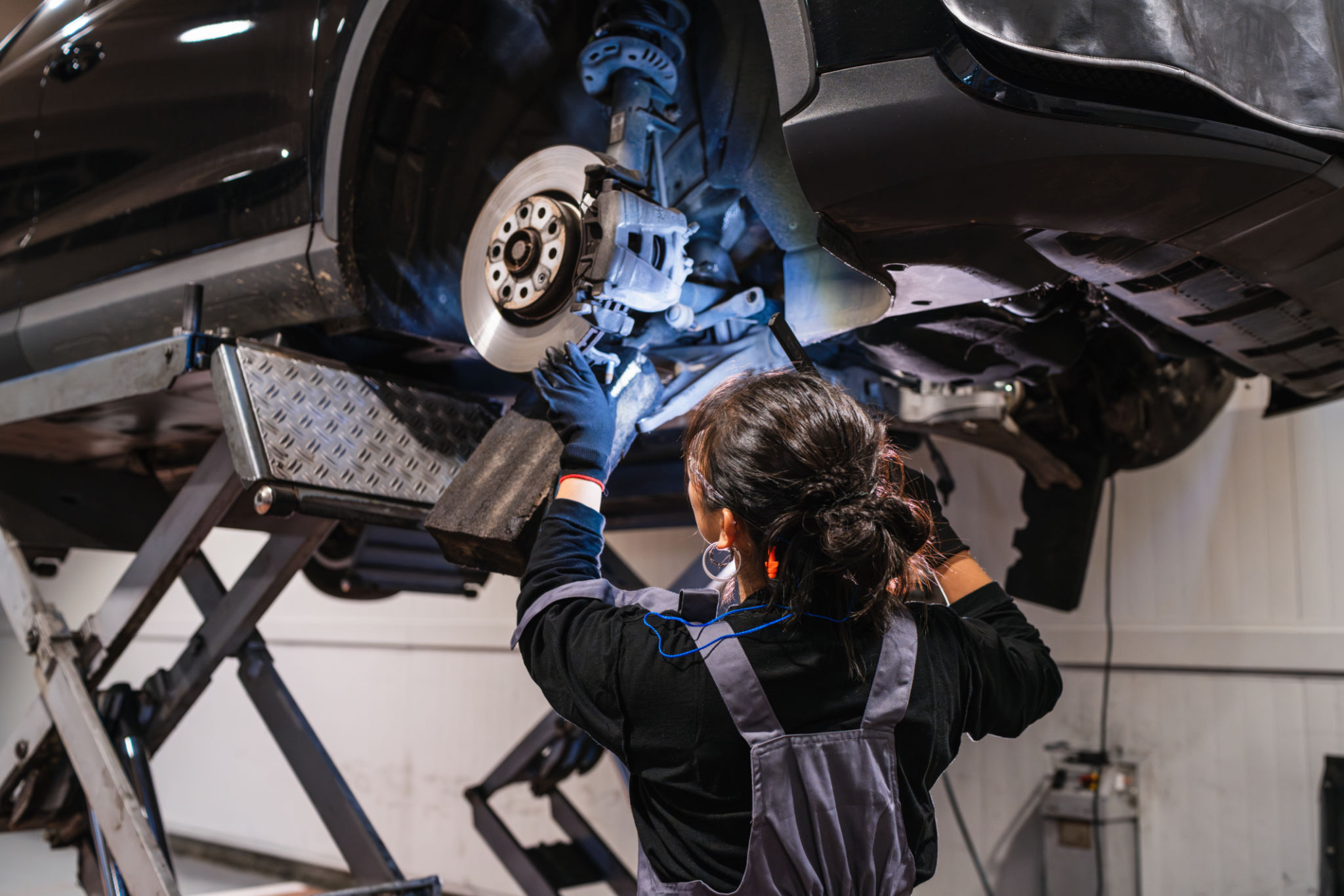Understanding the Differences: VIN Verification vs DMV Inspection Services
Introduction
When it comes to vehicle ownership and registration, understanding the nuances of various services is crucial. Two commonly confused services are VIN verification and DMV inspection services. Although both are essential for vehicle compliance, they serve distinct purposes. In this blog post, we'll dive into the differences between these two services to help you navigate them effectively.

What is VIN Verification?
VIN verification is a process used to confirm that the Vehicle Identification Number (VIN) on a vehicle matches the VIN listed in the official records. This process ensures that the vehicle's identity is accurate and has not been tampered with. VIN verification is often required when registering a vehicle from out of state or when bringing a vehicle into a new jurisdiction.
Why is VIN Verification Important?
The main purpose of VIN verification is to combat vehicle fraud and theft. By verifying the VIN, authorities can ensure that stolen vehicles are not being registered under false pretenses. Additionally, VIN verification helps maintain accurate records for taxation and insurance purposes.
Understanding DMV Inspection Services
DMV inspection services are a broader category that includes a range of checks and assessments performed by the Department of Motor Vehicles (DMV). These inspections can include everything from emissions testing to safety checks. The specific requirements vary by state and may depend on factors such as the age and type of vehicle.

Types of DMV Inspections
DMV inspections can be categorized into several types, including:
- Emissions Testing: Ensures that a vehicle's emissions are within the legal limits.
- Safety Inspection: Checks the functionality of critical components like brakes, lights, and tires.
- Compliance Inspection: Verifies that the vehicle meets all state-specific regulations.
The Key Differences
While VIN verification focuses solely on confirming the vehicle's identity, DMV inspections cover a broader range of areas related to vehicle safety and compliance. Here are some key differences:
- Purpose: VIN verification is about identity confirmation, while DMV inspections ensure overall vehicle compliance.
- Scope: VIN verification is limited to the authenticity of the VIN, whereas DMV inspections include multiple checks.
- Requirements: VIN verification is often needed for out-of-state vehicles, while DMV inspections are typically required periodically for all vehicles.

When Do You Need Each Service?
You may need VIN verification when registering a newly purchased vehicle from another state or when there's a discrepancy in your vehicle's documentation. In contrast, DMV inspections are generally required at regular intervals as determined by state law to ensure that your vehicle remains compliant with safety and emissions standards.
Conclusion
Understanding the differences between VIN verification and DMV inspection services can help you stay compliant with state regulations and avoid unnecessary penalties. Whether you're purchasing a new vehicle or simply ensuring your current one meets all legal requirements, being informed about these processes is crucial. Always check with your local DMV for specific requirements in your area to ensure you're following all necessary procedures.